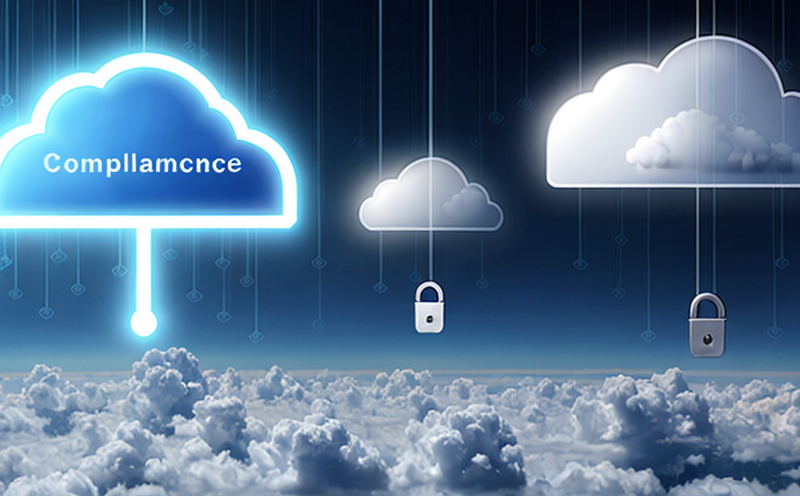ISO 27002 Cloud Security Control Implementation Testing
Implementing robust cloud security controls is critical to maintaining data privacy and integrity in the digital age. The ISO/IEC 27002 standard provides best practices for information security management, with a particular focus on implementing measures that can be applied across various cloud environments. This service ensures that your organization's cloud infrastructure adheres to these stringent standards through comprehensive testing.
The process involves evaluating the implementation of each control as outlined in ISO/IEC 27002, ensuring they are effectively integrated into your cloud environment. This includes assessing access controls, security policies, and data protection mechanisms. Our team will conduct detailed audits to identify any gaps or areas for improvement, providing a roadmap for enhancing overall cybersecurity.
Our service offers more than just compliance; it provides actionable insights that help organizations mitigate risks associated with cloud computing. By leveraging our expertise in both IT security and cloud technology, we ensure that your organization not only meets but exceeds industry expectations regarding data protection and privacy.
The testing process begins by gathering detailed information about your current cloud setup. This includes understanding the specific services you are using (e.g., S3 buckets, virtual machines), any third-party integrations, and how these components interact within your broader IT ecosystem. Once this foundational knowledge is established, our experts apply ISO/IEC 27002 guidelines to evaluate each aspect of your cloud environment.
Key areas tested include authentication mechanisms, encryption standards, access control policies, and incident response plans. For instance, we will examine whether multi-factor authentication (MFA) is implemented correctly across all user accounts or if there are any vulnerabilities in the way sensitive data is encrypted at rest and in transit.
| Control Category | Description | Evaluation Criteria |
|---|---|---|
| Data Security | Involves protecting data from unauthorized access and ensuring confidentiality. | Assesses encryption methods used, key management practices, and audit trails for data transactions. |
| Audit & Monitoring | Ensures continuous monitoring of the system to detect and respond to security incidents promptly. | Evaluates logging capabilities, alert systems, and automated responses to potential threats. |
| Physical & Environmental Security | Focused on securing physical locations hosting cloud infrastructure. | Inspects access control measures for data centers, surveillance systems, and backup procedures. |
Why Choose This Test
- Comprehensive evaluation of cloud security controls against ISO/IEC 27002 standards.
- Expert analysis by seasoned cybersecurity professionals familiar with various cloud platforms.
- Identification and rectification of potential vulnerabilities before they become liabilities.
- Detailed report highlighting strengths, weaknesses, and recommendations for improvement.
Selecting this service demonstrates a commitment to maintaining high standards in information security. It offers peace of mind knowing that your cloud operations are protected against evolving threats while meeting international best practices.
Environmental and Sustainability Contributions
By ensuring robust cloud security through rigorous testing, organizations contribute positively to environmental sustainability. Properly secured clouds reduce the risk of data breaches, which can lead to unnecessary energy consumption as companies repeatedly recover lost or compromised information.
In addition, adhering to ISO/IEC 27002 helps minimize waste associated with failed systems and increased operational costs due to security incidents. Our testing service not only protects your business assets but also supports broader environmental goals by promoting efficient resource use within the IT sector.
Use Cases and Application Examples
- Data Protection: Ensuring sensitive company data remains secure against unauthorized access.
- Risk Management: Identifying and addressing potential risks early to avoid costly breaches.
- Compliance: Meeting regulatory requirements such as GDPR, HIPAA, or PCI-DSS through comprehensive testing.
In practice, this service has been instrumental in helping financial institutions protect customer information and healthcare providers safeguard patient records. Additionally, it assists tech companies ensure compliance with various industry-specific regulations while enhancing their reputation for reliability and trustworthiness.





